Blog Layout
Financial Stability Board (FSB) and G20 supervisory body issues ten recommendations for regulating 'Global Stablecoins'
PAR002_123 • Apr 22, 2020
G20 and FSB sets 10 rules to regulate 'Global Stablecoins' Like Facebooks Libra
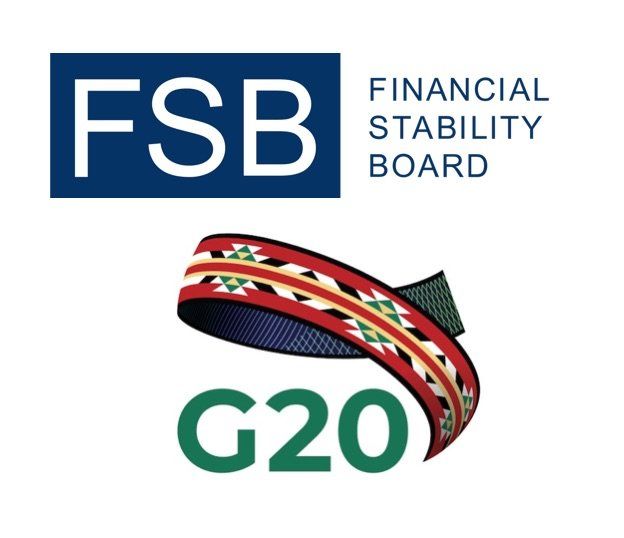
The G20, the Financial Stability Board (FSB) has provided 10 recommendations for a common, international approach to promote “consistent” and “effective” regulation that establish a regulatory framework.
Although the FSB doesn't specifically mention Libra by name, the report talks about concerns that have been raised since Facebook unveiled the digital currency project last June.
“The recommendations aim to mitigate the potential risks with the use of GSCs [Global Stablecoins] as means of payment and/or store of value, both at the domestic and international level, while supporting responsible innovation and providing sufficient flexibility for jurisdictions to implement domestic approaches,” said the FSB.
The FSB said it aims to bring in regulations that are “proportionate to the risks” posed by Global Stablecoins - but also taking into consideration how those risks may change over time.
The recommendations apply the principle “same business – same risks – same rules,” regardless of the underlying technology of Stablecoins.
Ten "high-level” recommendations
1. Authorities should have and utilise the necessary powers and tools, and adequate resources, to comprehensively regulate, supervise, and oversee a GSC arrangement and its multi-functional activities, and enforce relevant laws and regulations effectively.
2. Authorities should apply regulatory requirements to GSC arrangements on a functional basis and proportionate to their risks.
3. Authorities should ensure that there is comprehensive regulation, supervision and oversight of the GSC arrangement across borders and sectors. Authorities should cooperate and coordinate with each other, both domestically and internationally, to foster efficient and effective communication and consultation in order to support each other in fulfilling their respective mandates and to facilitate comprehensive regulation, supervision, and oversight of a GSC arrangement across borders and sectors.
4. Authorities should ensure that GSC arrangements have in place a comprehensive governance framework with a clear allocation of accountability for the functions and activities within the GSC arrangement.
5. Authorities should ensure that GSC arrangements have effective risk management frameworks in place especially with regard to reserve management, operational resiliency, cyber security safeguards and AML/CFT measures, as well as ‘fit and proper’ requirements.
6. Authorities should ensure that GSC arrangements have in place robust systems for safeguarding, collecting, storing and managing data.
7. Authorities should ensure that GSC arrangements have appropriate recovery and resolution plans.
8. Authorities should ensure that GSC arrangements provide to users and relevant stakeholders comprehensive and transparent information necessary to understand the functioning of the GSC arrangement, including with respect to its stabilisation mechanism.
9. Authorities should ensure that GSC arrangements provide legal clarity to users on the nature and enforceability of any redemption rights and the process for redemption, where applicable.
10. Authorities should ensure that GSC arrangements meet all applicable regulatory, supervisory and oversight requirements of a particular jurisdiction before commencing any operations in that jurisdiction, and construct systems and products that can adapt to new regulatory requirements as necessary."(Source: https://www.fsb.org/wp-content/uploads/P140420-1.pdfAddressing the regulatory, supervisory and oversight challenges raised by “global stablecoin” arrangements - Consultative document)
The organisation argued that much of the technology and mechanisms used in Stablecoins were untested at scale, meaning functioning digital assets may have hidden vulnerabilities that emerge only as they gear up for mainstream use. Existing rules, such as customer checks, generally apply in whole or in part to Stablecoins. However, coverage can be patchy from country to country, exposing gaps for supervising a cross-border Stablecoin.
The FSB argues countries should coordinate and consult with how other countries regulate Stablecoins. The recommendations propose flexible, cross-border cooperation to avoid Stablecoins playing off one jurisdiction against another. Countries applying regulation on a sector-by-sector basis might need to change to ensure Stablecoin activity is properly covered, according to the report.
The FSB’s public consultation is open until July 15, with a final report published in October.
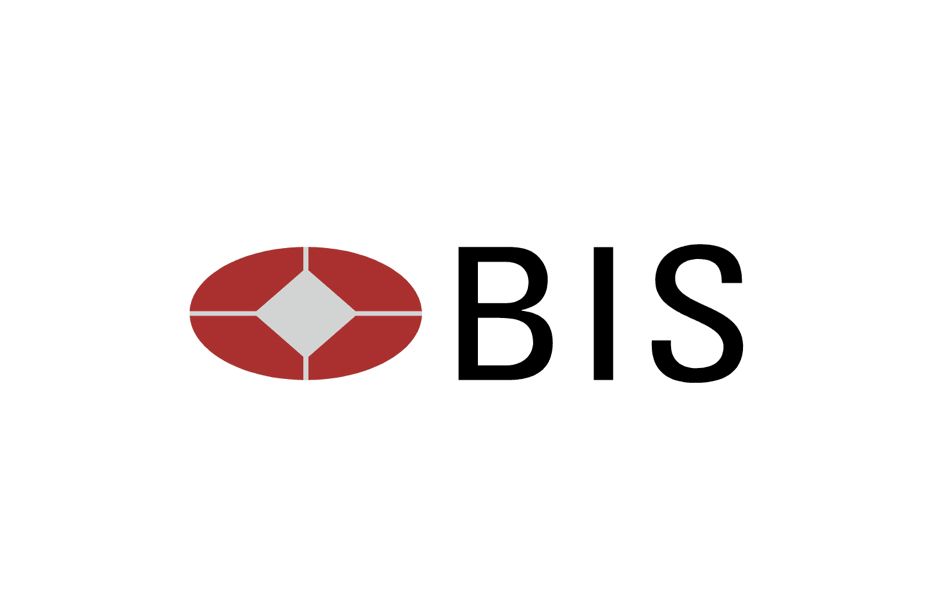
07 Mar, 2024
In response to the increasing prominence of global stablecoins (GSCs) and their potential implications for financial stability, the Bank for International Settlements (BIS) has introduced a comprehensive set of recommendations aimed at regulating and supervising these widely adopted digital assets.
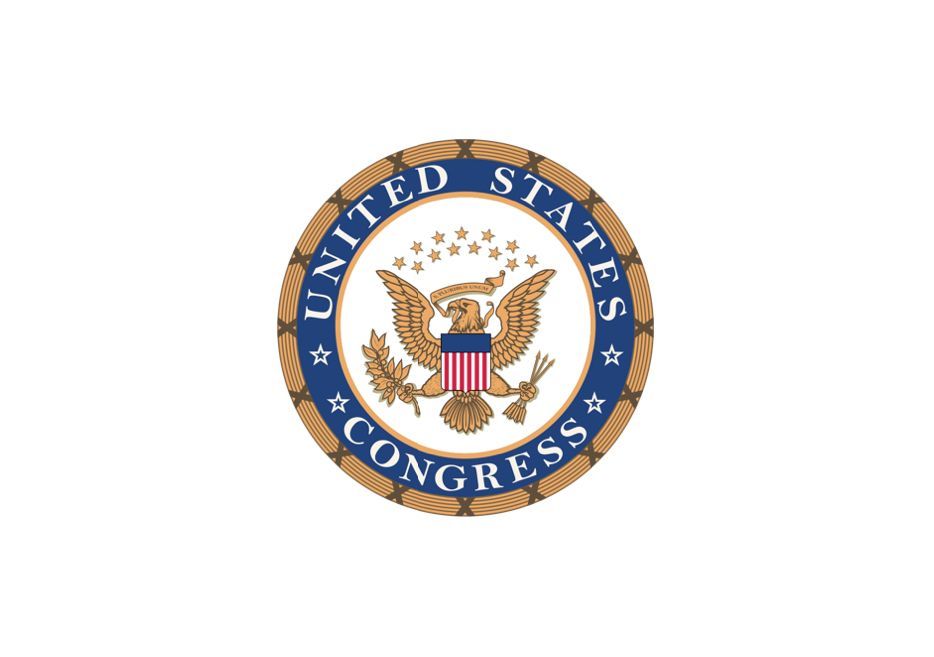
29 Jul, 2023
In a noteworthy development within the U.S. Congress, a long-awaited stablecoin bill made significant progress as it graduated from the House Financial Services Committee. However, the advancement of the Republican-backed bill was marred by a partisan clash and objections from the White House, leaving the committee chair, Patrick McHenry (R-N.C.), lamenting the missed opportunity for a bipartisan deal.

13 Jul, 2023
A new crypto oversight bill reintroduced by Senators Cynthia Lummis and Kirsten Gillibrand is making waves in the U.S. Senate. The bill proposes that crypto exchanges be overseen by the Commodity Futures Trading Commission (CFTC) rather than the U.S. Securities and Exchange Commission (SEC). Additionally, it calls for all stablecoin issuers to be regulated depository institutions. This bill represents a significant effort to establish U.S. regulation for the crypto industry and addresses the division of oversight between the SEC and CFTC.
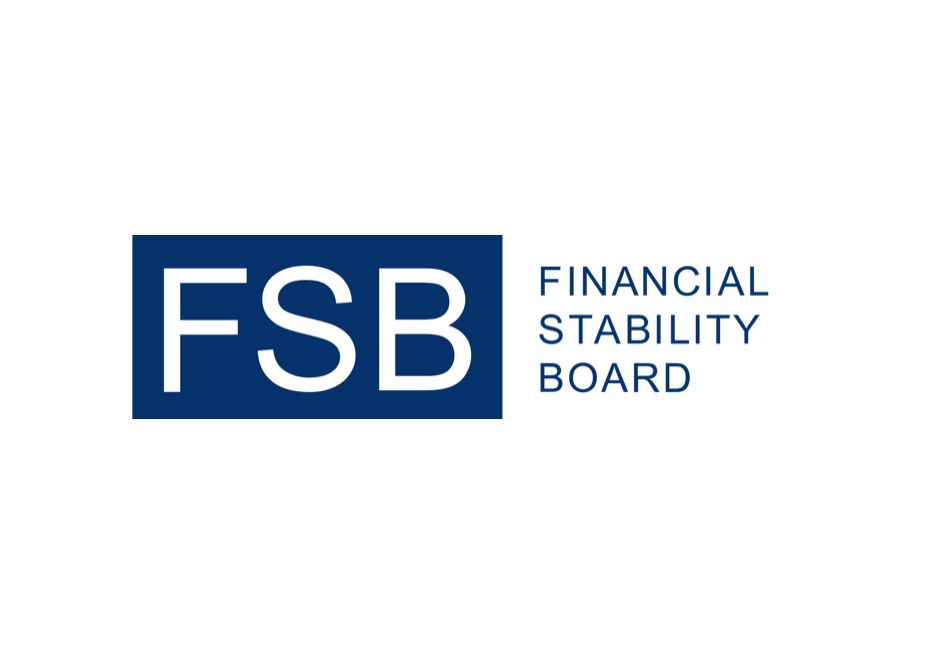
13 Jul, 2023
In preparation for the upcoming G20 Finance Ministers and Central Bank Governors meeting in India, Klaas Knot, Chair of the Financial Stability Board (FSB), has highlighted the recent banking turmoil and the FSB's commitment to learning valuable lessons from these events. In a letter addressed to the G20 officials, Knot emphasized the importance of addressing risks associated with crypto-assets and global stablecoin arrangements, as well as providing updates on efforts to tackle climate-related financial risks.
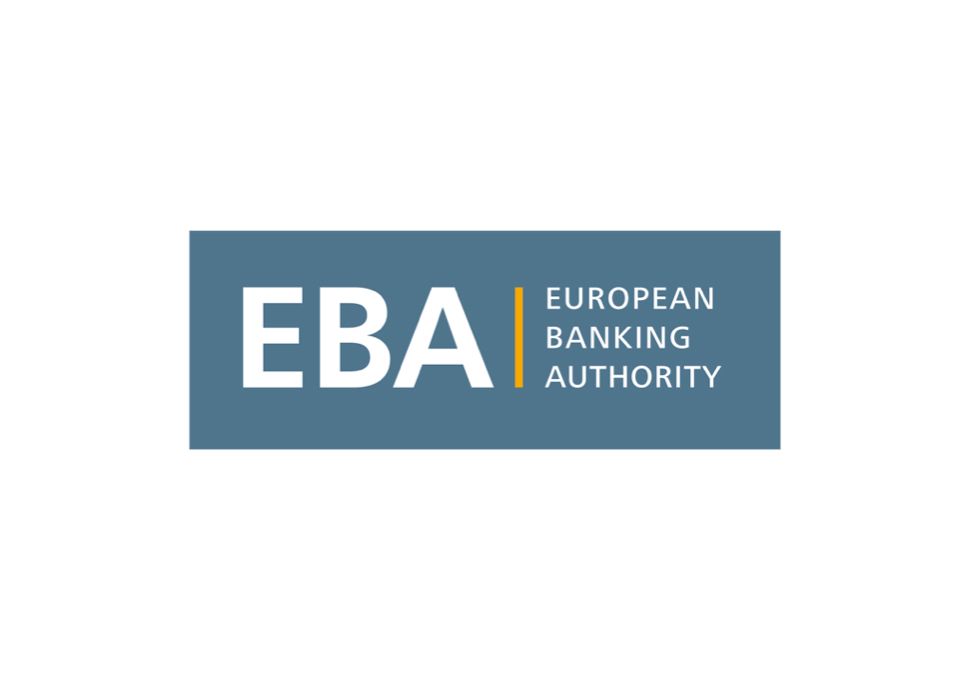
12 Jul, 2023
E-Money Token (Stablecoin) issuers have been advised to proactively prepare for the forthcoming regulations set by the European Union, according to the European Banking Authority (EBA). Although the rules of the Markets in Crypto Assets (MiCA) framework will officially come into effect in June 2024, the EBA emphasised the importance of early preparation to protect consumers and avoid disruptions for companies. The MiCA regulation includes provisions on governance, reserve requirements, and licensing for crypto wallet providers and exchanges.

12 Jul, 2023
According to a recent study by Juniper Research, the value of payment transactions made with stablecoins is predicted to surpass $187 billion by 2028, a significant increase from $53 billion in 2023. The study, titled "CBDCS & STABLECOINS: KEY OPPORTUNITIES, REGIONAL ANALYSIS & MARKET FORECASTS 2023-2030," highlights the rapid progress of stablecoins in the cross-border market, where they offer an alternative to slow, expensive, and difficult-to-track existing payment systems.
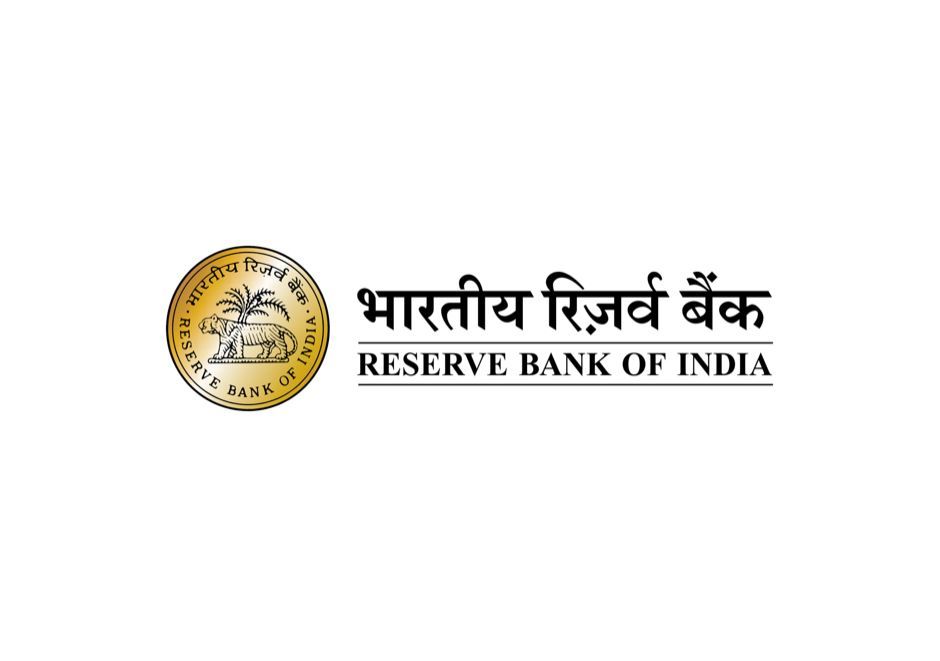
12 Jul, 2023
Reserve Bank of India (RBI) Deputy Governor T Rabi Sankar expressed India's concerns about stablecoins, emphasising their potential threat to policy sovereignty. In a speech at a banking event, Sankar called for a global financial system based on central bank digital currencies (CBDCs) issued by each country for settling global payments. He highlighted the importance of CBDCs in maintaining financial stability and independence, stating, "We should ideally aim for a global financial system which rests on central bank digital currencies (CBDCs) issued by each country to settle global payments, and not rely on stablecoins."
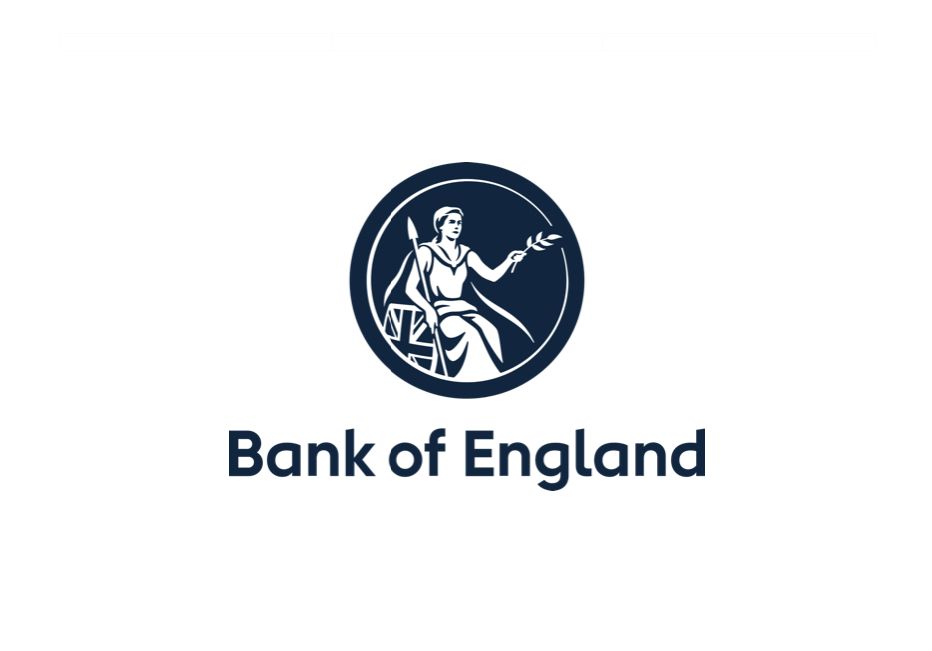
11 Jul, 2023
In a speech delivered on July 10, Bank of England (BOE) Governor Andrew Bailey shared his perspective on digital currencies, highlighting the potential of "enhanced digital money" while expressing reservations about cryptocurrencies and stablecoins. Bailey emphasised the need for regulatory oversight, stability, and usability in the evolving financial landscape.
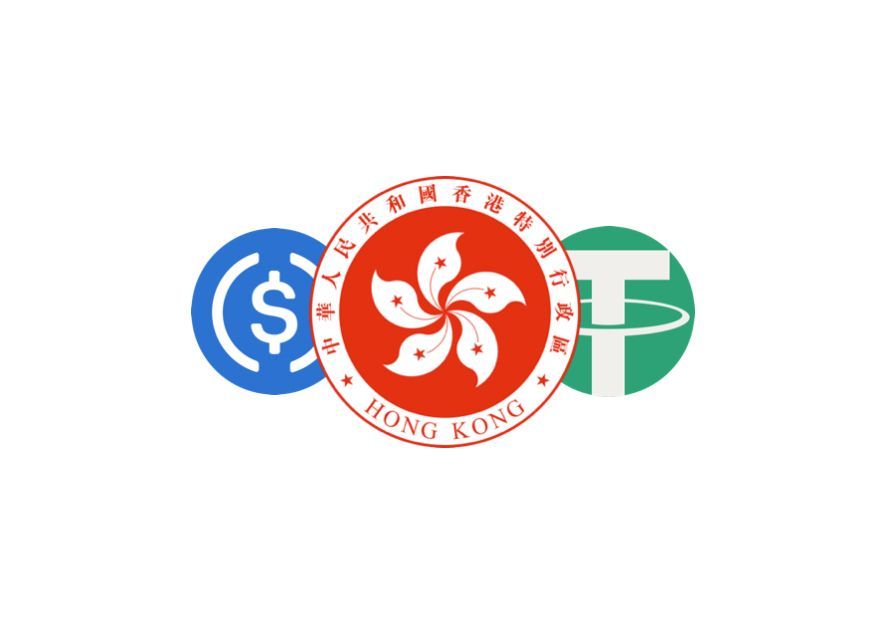
06 Jul, 2023
In a move that could reshape the global stablecoin market, Hong Kong is considering the launch of its own stablecoin, HKDG, to rival established stablecoins such as USDT and USDC. This groundbreaking proposal, co-authored by prominent figures in academia and industry, including Vice Chancellor Wang Yang and angel investor Cai Wensheng, aims to enhance Hong Kong's position in the digital currency landscape and assert its leadership in the blockchain sector.
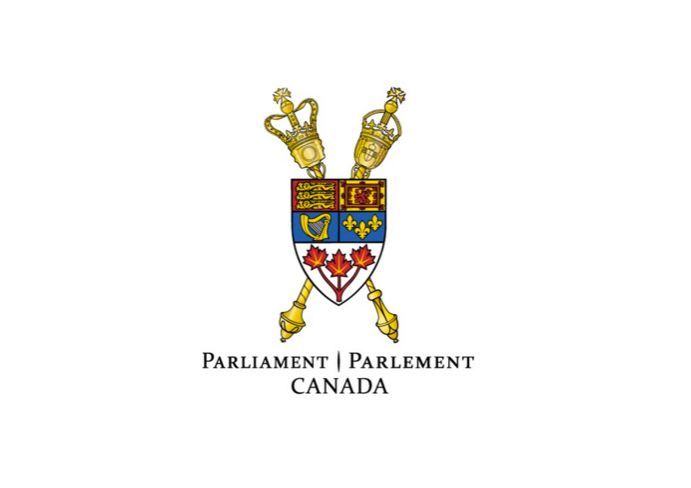
30 Jun, 2023
Canadian lawmakers have published a groundbreaking report that defends and supports the crypto industry, calling for the recognition of blockchain as a growing sector with the potential to drive job creation and economic growth. The report, which includes 16 recommendations, has garnered praise from industry participants, including leading cryptocurrency exchange Coinbase.
Disclaimer:
GlobalStablecoins.com is an informational website that provides news about coins, blockchain companies, blockchain products and blockchain events. Don’t take it as investment advice. Speak to an advisor before you risk investing in an ICO, Cryptocurrencies, Cryptoassets, Security Tokens, Utility Tokens, Exchange Tokens, Global Stablecoins, Stablecoins or eMoney Tokens. GlobalStablecoins.com is not accountable, directly or indirectly, for any damage or loss incurred, alleged or otherwise, in connection to the use or reliance of any content you read on the site.
Affiliate Disclosure / Sponsored Posts:
If a Sponsored Post contains any mention of a crypto project, we encourage our readers to conduct diligence prior to taking further action. GlobalStablecoins.com does not recommend that any cryptocurrency should be bought, sold, or held by you. Do conduct your own due diligence and consult your financial advisor before making any investment decisions.
GlobalStablecoins.com may receive compensation for affiliate links. Should you perform activities in relation to an affiliate link, it is understood that some form of compensation might be made to GlobalStablecoins.com. For example, if you click on an affiliate link, and sign up and trade on an exchange, GlobalStablecoins.com may receive compensation.
Before you invest in Cryptoassets you should be aware of the following,
Cryptoassets are considered very high risk, speculative investments.
If you invest in Cryptoassets you should be prepared to lose all your money.
All Sponsored Posts are paid for by crypto projects, coin foundations, advertising firms, PR firms, or other marketing agencies. GlobalStablecoins.com is not a subsidiary of any marketing agency, nor are we owned by any crypto or blockchain foundation.
The purpose of offering Sponsored Posts to our advertisers is to help fund the day-to-day business operations at GlobalStablecoins.com.
If you come across a Sponsored Post which you believe is fraudulent and/or “scammy,” please contact us and we will perform an immediate investigation.
© 2024
All Rights Reserved | GlobalStablecoins.com
